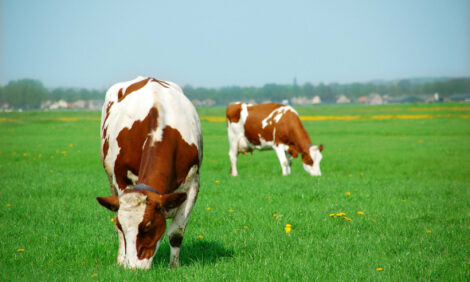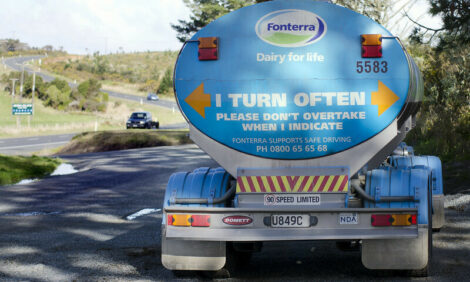



UN Admits Flaw In Meat And Climate Change Report
US - One of the authors of the 2006 United Nations report claiming meat production is responsible for 18 per cent of global greenhouse gas emissions, more than transportation, is acknowledging that the comparison is flawed in light of recent research by an American scientist.Dr Frank Mitloehner from the University of California at Davis, author of the published study, Clearing the Air: Livestock’s Contribution to Climate Change, told the BBC it is simply not scientifically accurate to blame livestock for climate change.
Dr Mitloehner traces much of the public confusion to the 2006 report, “Livestock's Long Shadow,” published by the UN Food and Agriculture Organisation (FAO), which he says overstates the role livestock play in greenhouse gas emissions.
“This lopsided ‘analysis’ is a classical apples-and-oranges analogy that truly confused the issue,” Dr Mitloehner says. He presented his findings at this week’s American Chemical Society conference in California which was reported on by AMI.
Pierre Gerber, a policy officer with FAO, told the BBC he accepted Dr Mitloehner’s criticism.
“I must say honestly that he has a point – we factored in everything for meat emissions, and we didn't do the same thing with transport,” he said.
The American Meat Institute (AMI) has long contended that attempts to apply these global numbers to the US are misleading because the vast majority of global greenhouse gas emissions attributed to livestock production result from deforestation and converting rain forests and other lands to grow crops or pasture. Such changes do not occur in the US, which has seen an increase in the total acreage of forested land over the last several decades even while total agricultural production has increased.
In fact, according to Environmental Protection Agency, in 2007 only 2.8 per cent of US greenhouse emissions came from animal agriculture. This number has remained nearly constant since 1990, which is impressive considering US increases in meat production of almost 50 per cent over the same time period.
“The fact that greenhouse emissions have remained nearly constant while industry production has increased shows that US livestock and meat producers have taken responsible steps to protect the environment, such as improving feed efficiency, implementing better manure management strategies and using cropland more effectively,” noted AMI President and CEO J. Patrick Boyle.
“We’ve accomplished this feat all the while providing the most abundant, safe, diverse and affordable meat supply in the world.”
Mr Boyle concluded, “AMI looks forward to FAO’s completion of a more comprehensive analysis of emissions from global food production at the end of this year.”
Further Reading
| - | Go to our previous news item on this story by clicking here. |
TheCattleSite News Desk


